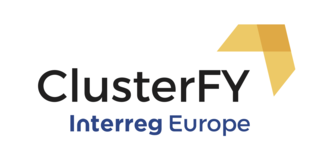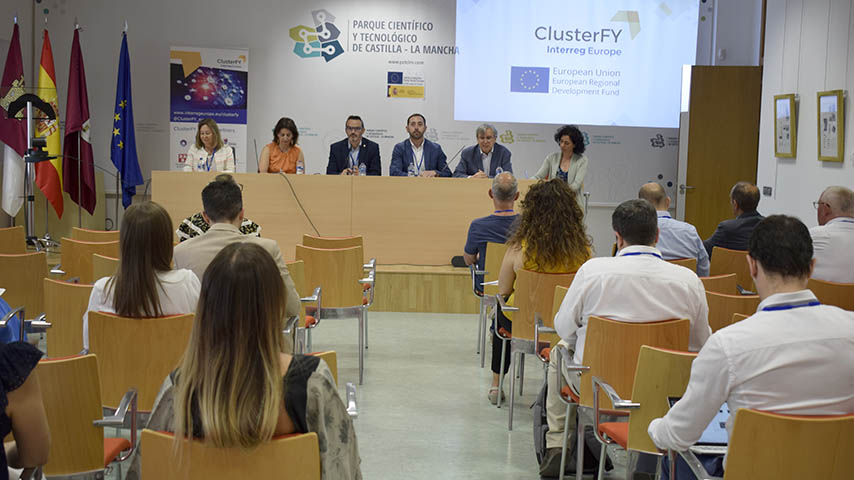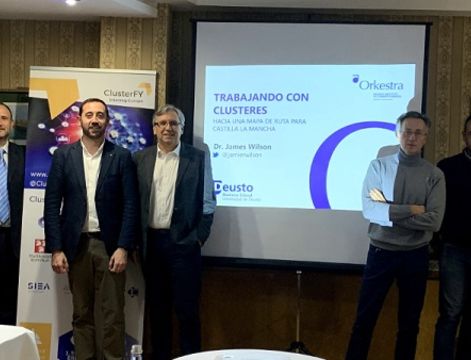During the ClusterFY national dissemination event in Lithuania, which was held on the 30th of May in Vilnius, the Government’s representatives, stakeholders, experts, business leaders and scientists shared their opinions about clusterization processes in Lithuania.
According to Lithuanian cluster expert Marius Perescius, the CEO of Lithuanian Cluster Association, the cluster movement in Lithuania does not have a long tradition. “The most important task of the Government is to set up the strategic business areas and focus on better support for clusters. The strong partnership between such organizations as “Enterprise Lithuania”, MITA and Lithuanian Cluster Association can ensure clusters’ growth in the country. The results should be obvious: more recruited and better specialists, more taxes would go to the budget and contribute to the country’s development”, – said M.Parescius. He explained, that in Lithuania we need not only sectorial clusters, but cross-sectoral, regional clusters. For example, in the Lithuanian sea region could be established the cluster of logistics or shipping. "Based on foreign practice in Scandinavia and other EU countries, regional clusters are very much supported by the Government. This support has positive effect on regional export results. Therefore, I see that seaside tourist clusters have the potential to grow in such an area as tourism. The other promising areas of Lithuania would be the wood and metal processing industry”, – said M.Parescius.
Vilma Puriene, the director of Knowledge and Technology Transfer Centre of Vilnius Gediminas Technical University, explained, that clusters in Lithuania were formed in two ways: naturally, from bottom-up, but other clusters were inspired by the state financial support. Recently Lithuanian clusters are growing and becoming more mature through different trainings, organized by MITA. “They need to gain competencies, how to compete in international markets, how to join international projects and create new value chains, which bring benefits not only to the members of cluster, but also to the national economy”, - explained innovation expert V.Puriene.
Rima Dijkstra, ClusterFY project coordinator, has emphasized that the project results could be used in shaping Lithuanian and European cluster policy by providing KETs related cluster policy recommendations on EU level. “The project is oriented towards the development and employment of key enabling technologies in clusters. We would like to intensify cross-sectoral and trans-national cooperation between clusters and their enterprises, to encourage clusters to join value chains and international networks”,










